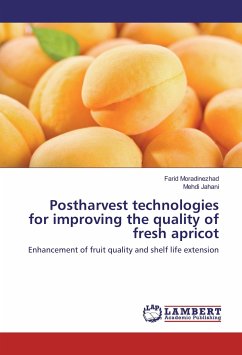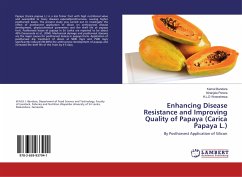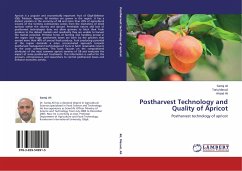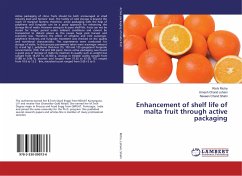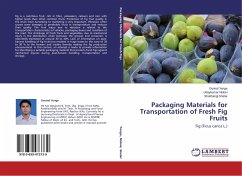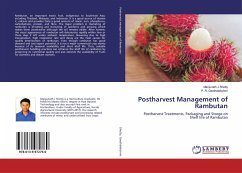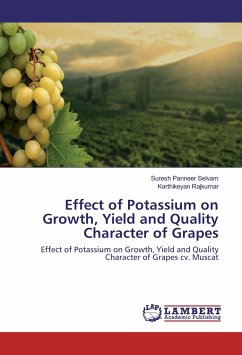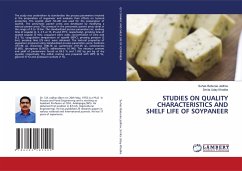Nutritionally, apricot is a rich source of sugars, fibers, minerals, and vitamins like thiamine, riboflavin, and niacin. Thus, it has an important place in human nutrition and can be used as fresh, dried or processed fruit. In addition, fresh fruits have better taste and higher nutritional value. Hence, there is always high demand for fresh fruits in the market. However, fresh apricot fruits continue all metabolic processes and are susceptible to quality deterioration due to increase in enzymatic activities, transpiration and respiration lead to a shorter shelf life. Therefore, it is necessary to find out new strategies to minimize postharvest losses, improve the overall quality attributes and also extend the postharvest life of fresh apricot fruits.

